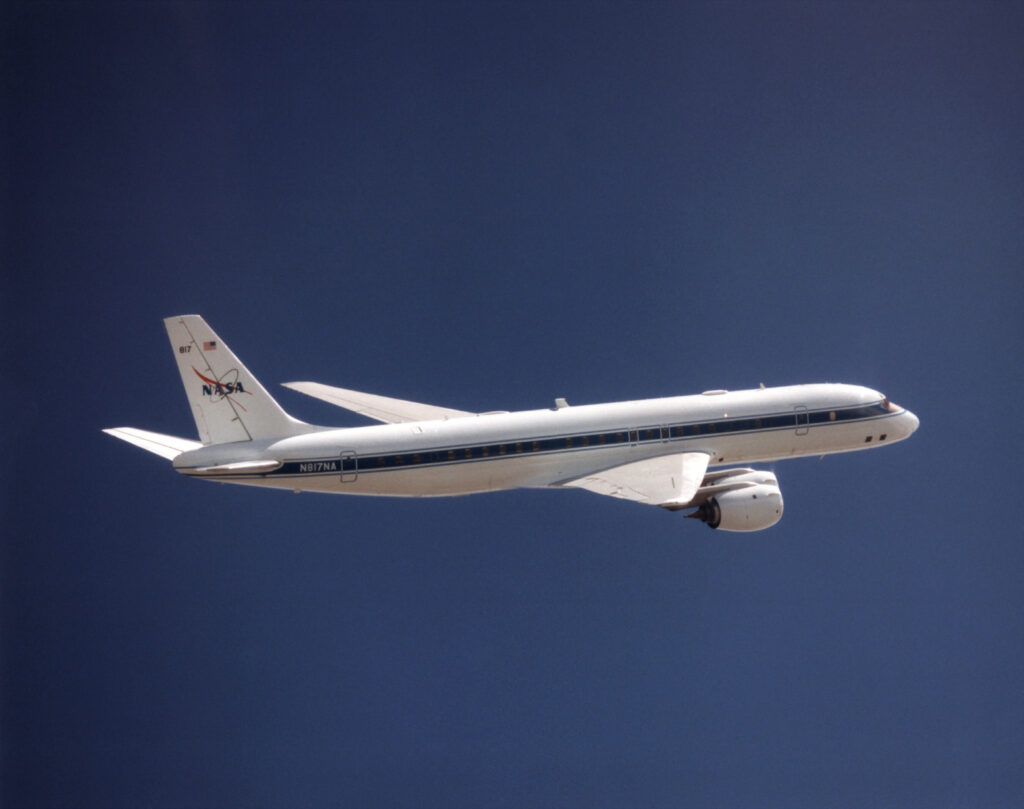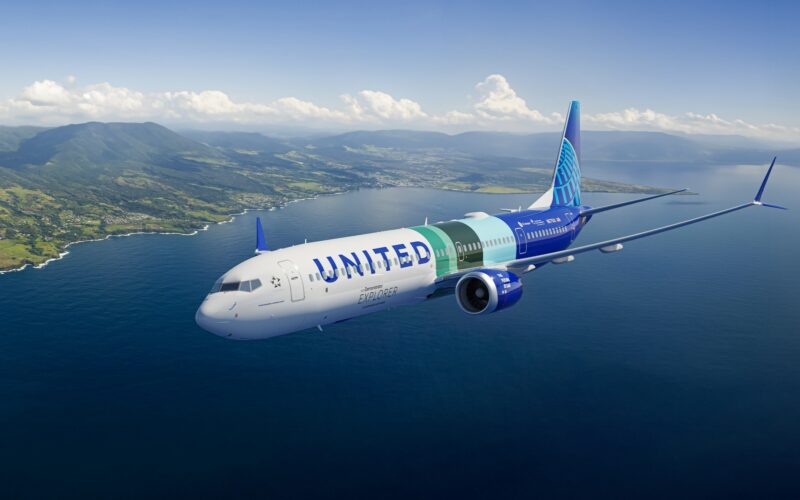Boeing has joined forces with NASA and United Airlines to conduct in-flight tests to understand the impact of Sustainable Aviation Fuel (SAF) on contrails and non-carbon emissions, while also assessing its potential for reducing the life cycle climate impact of aviation.
The research initiative will utilize Boeing’s second ecoDemonstrator Explorer, a 737-10 aircraft intended for service with United Airlines.
During testing, this aircraft will carry separate tanks of 100% SAF and traditional jet fuel, allowing for the alternating use of these fuels.
NASA’s DC-8 Airborne Science Lab will follow the commercial jet to measure emissions produced by each fuel type and monitor contrail ice particle formation. Additionally, NASA’s satellites will capture images of contrail development.
The primary objective of this collaborative endeavor is to gain insights into how advanced fuels, engine combustor designs, and related technologies can help mitigate atmospheric warming.
The tests will specifically evaluate the impact of SAF on contrails, those lingering condensation trails created when aircraft traverse cold, humid air. While the precise consequences of contrails remain the subject of ongoing research, certain types have been suggested to have heat-trapping effects in the Earth’s atmosphere.
“We are honored to collaborate with NASA, United Airlines, and other valued partners on research that will strengthen the industry’s understanding of the benefits of SAF beyond reducing carbon emissions,” Boeing Chief Sustainability Officer Chris Raymond said.
SAF for these trials will be provided by World Energy from its facility in Paramount, California. The project receives support from multiple stakeholders, including funding from the US Federal Aviation Administration (FAA), technical expertise and project funding from GE Aerospace, and contributions from the German Aerospace Center (DLR), which is offering expertise and instrumentation.
Boeing began the ecoDemonstrator program in 2012 to test various technologies in a real-world environment. By the end of 2023, the manufacturer plans to have tested around 250 innovations to decarbonize aviation and improve operational efficiency, safety, and the passenger experience. In 2020, the ecoDemonstrator was an Etihad Airways Boeing 787-10, while in 2021, it was an Alaska Airlines 737 MAX-9.


